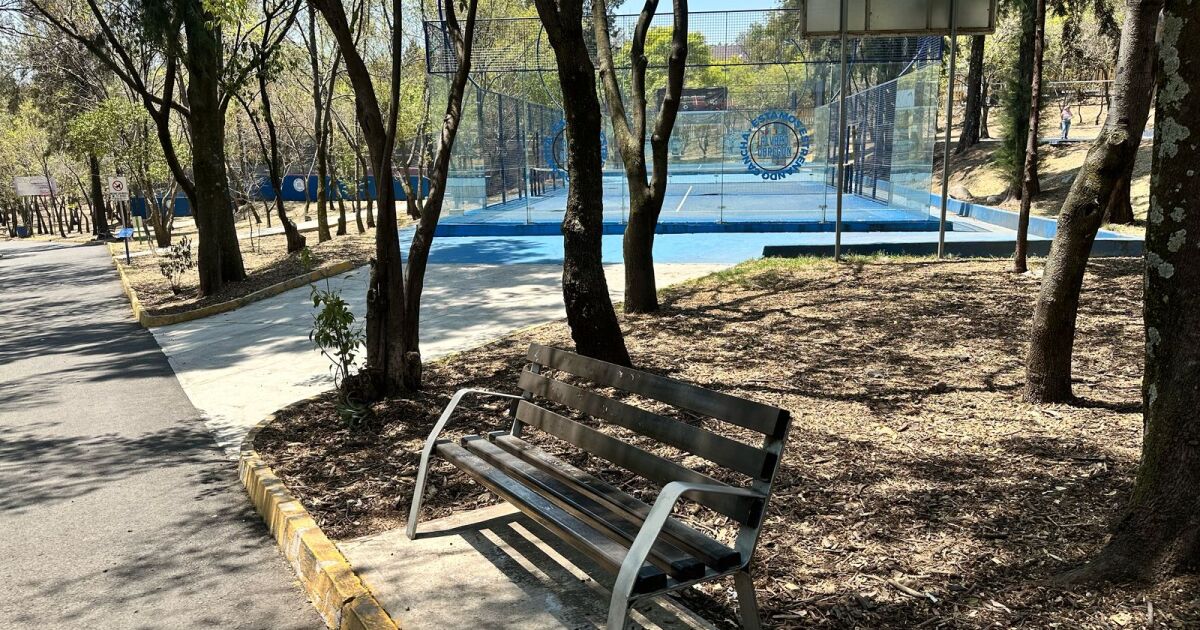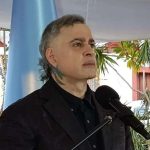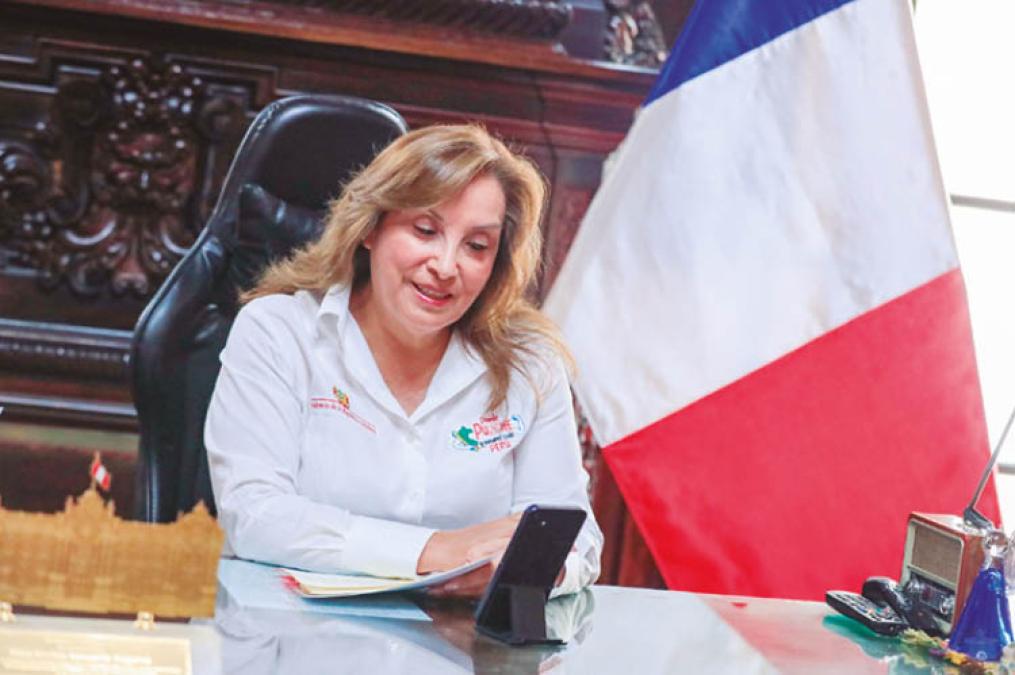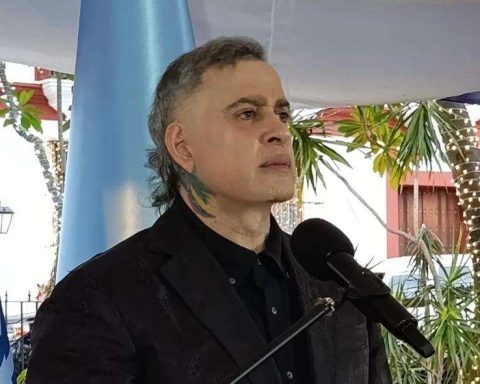On March 28, the mayor Javier López Casarín announced the utopia in this location and said it intends to regenerate the public space with an approximate investment of 150 million pesos For the construction of cultural areas, more sports spaces, the implementation of the public care system, among other services.
However, residents of Álvaro Obregón who make To date neither the central government nor the mayor’s office have presented clear information On what is intended to be built in Japan Park, nor have they released road and environmental impact studies.
Through a statement, the dissatisfied neighbors stressed that Japan Park currently has green areas, sports and cultural spaces, used by at least 500 people daily, a figure that contrasts with the official data of the Mayor’s Office Álvaro Obregón, which maintains that only 200 people make use of the place every day.
“The park has been in total abandonment for six months, precisely since the beginning of the management of Javier López Casarín. It has not been watered and the trees are dying,” reads the document released by the neighbors.
Even some residents pointed out that, given the lack of maintenance by the Mayor’s Office, they have had to organize and cooperate to hire a water pipe with which they can water the vegetation of the park.
Guillermo Rodríguez, Regular user of Japan Park, criticizes that the local administration has neglected the maintenance, services and security of public space, so it expressed its rejection of the construction of a utopia in that place.
“You can travel all sports; before they were super careful and well maintained. Go to the Eagles, see this (Japan Park): they are completely abandoned,” he says.
For its part, Isidro Morales, also a user of the park and neighbor of Puente Colorado, considers that a work that benefits the colonies of Álvaro Obregón, many of which lack public and social spaces is necessary.
Morales emphasizes that, according to the project that has already been presented to them, it is contemplated to offer dozens of free services, unlike the previous administration, where, highlights, quotas were charged for the use of recreational spaces.
“The soccer, tennis, basketball courts, the grills were charged, even for the parties organized by some people,” he says.
In response, Guillermo Rodríguez questions the promise of gratuity of the utopia and defends the payment of minimum quotas in exchange for improvements to the facilities. “The courts have always been charged and will continue to charge. It is a very cheap service and that money was reflected in the maintenance,” he emphasizes.

















